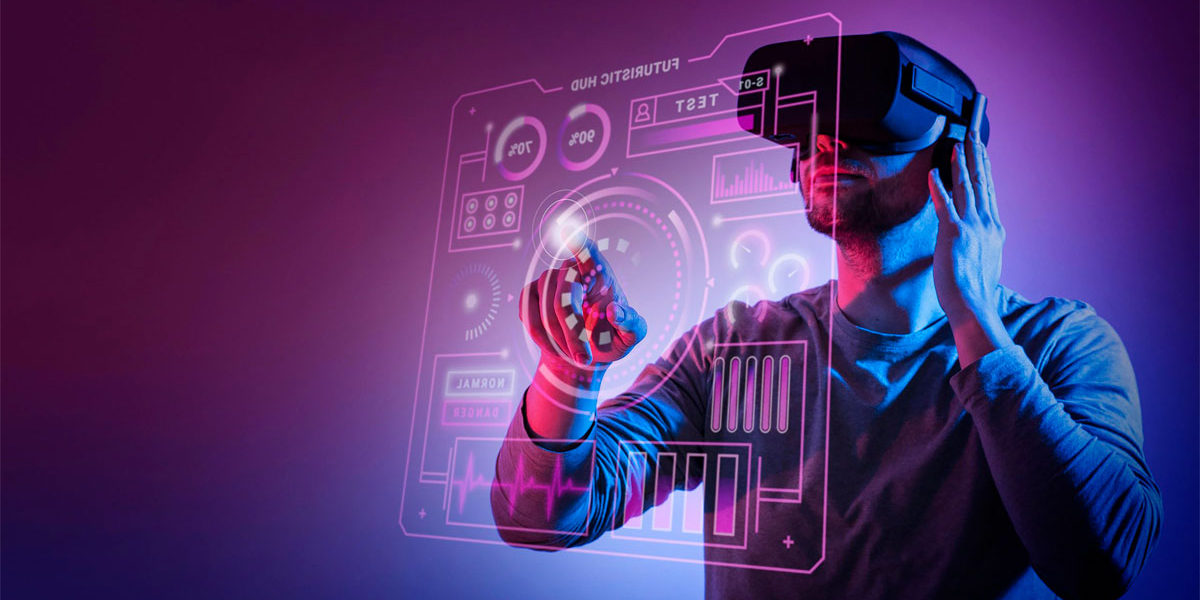Currently, technology has penetrated all societies, forming an inherent part of them and one of the biggest changes that have been introduced is to facilitate interpersonal communication, with devices and between them, and quick and instantaneous access to the information, wherever you are.
The expansion of ICT (Information and Communication Technologies) in all areas and levels of our society has been, for several decades, at great speed and it is an unstoppable process as new technological elements and applications that motivate to the users, to the companies and institutions to use them, discarding the previous ones (although they coexist for some time), either because of their obsolescence, or because of the lack of features that make them unsuitable to satisfy the highest current requirements.
While most users accept these new developments as something beneficial and useful to facilitate their daily work, leisure and communication, there are others who are reluctant to adopt them, due to ignorance or lack of attractive commercial offer, because it confronts them as something new and unknown, or they are asked to acquire new and, sometimes, expensive equipment, something they are not always willing to address. In these cases, there is what we can call “the digital divide”, which marks a differentiation between users.
Facilitate access to information
Once this brief introduction is made, we can say what the emerging technologies really bring to society is to facilitate access to information, in an effective and immediate way, through the use of the infrastructures that telecommunications operators have developed and implemented. , through advanced devices with powerful hardware and software and friendly interfaces, which allow access to many applications and content developed by themselves or by third parties.
So, we all currently use broadband networks, both fixed and mobile, that allow us to access the Internet, or use the 3rd or 4th mobile network (5th soon) Generation, to communicate, see multimedia content, play online or send messages, using smartphones, tablets, audiovisual devices, or any other means. Also, it is already a reality, but in the future, it will be enhanced much more, the so-called Internet of Things (IoT), which facilitates that millions of autonomous devices, with no human intervention, can exchange information between them. According to the consultancy Gartner, it is estimated that in 2020 there will be around 20,400 million connected devices worldwide.
Many are the technological concepts that are marking the digital consolidation, but if there is one that affects all of them and whose application will mark the future, as appreciated by all the current news, it is the power of the data (defined as the gold of the 21st century) and its management, which is known as “Big Data”, together with a whole new regulation: GDPR (General Data Protection Regulation), PSD2 (Payment Services Directive 2), whose application, when it comes into force soon, will increase security levels and improve risk management, to improve competition, innovation and consumer protection.
The proliferation of social networks
A phenomenon that has led to the introduction of emerging technologies is the proliferation of social networks, such as Facebook, Instagram, LinkedIn, YouTube, etc. that along with messaging applications such as WhatsApp and other similar, among all segments of the population, which have hundreds of millions of users around the world. These applications generate a lot of traffic, since the consumption of multimedia content ( thanks to broadband infrastructures and the supply of so-called flat rates) is increasing, so both external and internal networks in buildings must be prepared to support it, something possible to recent technical advances and the adoption of common standards that allow compatibility and interoperability between diverse devices,
Another impact that new technologies are causing is the paradigm shift in traditional commerce, which leads to electronic commerce (e-commerce and mobile marketing), with Amazon as the undisputed leader, and also in banking (e-banking), which has as a result has lead to the closing of numerous physical offices and the attention to clients and the carrying out of operations through the Internet, without forgetting the Public Administration, which facilitates the completion of numerous procedures for citizens, which saves a lot of time and money.
All these advances generate a great impact on society, because of its consequences, whether economic, political, social and cultural, without forgetting the possible replacement of many jobs by the arrival of robots and artificial intelligence, which is something we have to start worrying about. It is possible to ensure that ICT facilitate connectivity, allow us to develop our knowledge, perform procedures and exchange information with other people or machines, regardless of distance, through the tools and applications (the famous apps) available on the Internet or in other networks, and smart devices.







